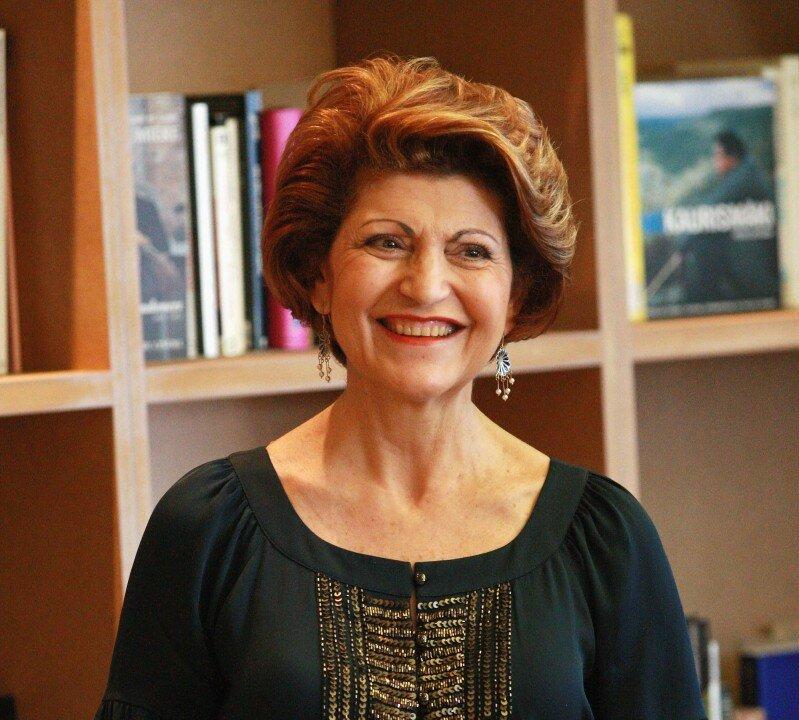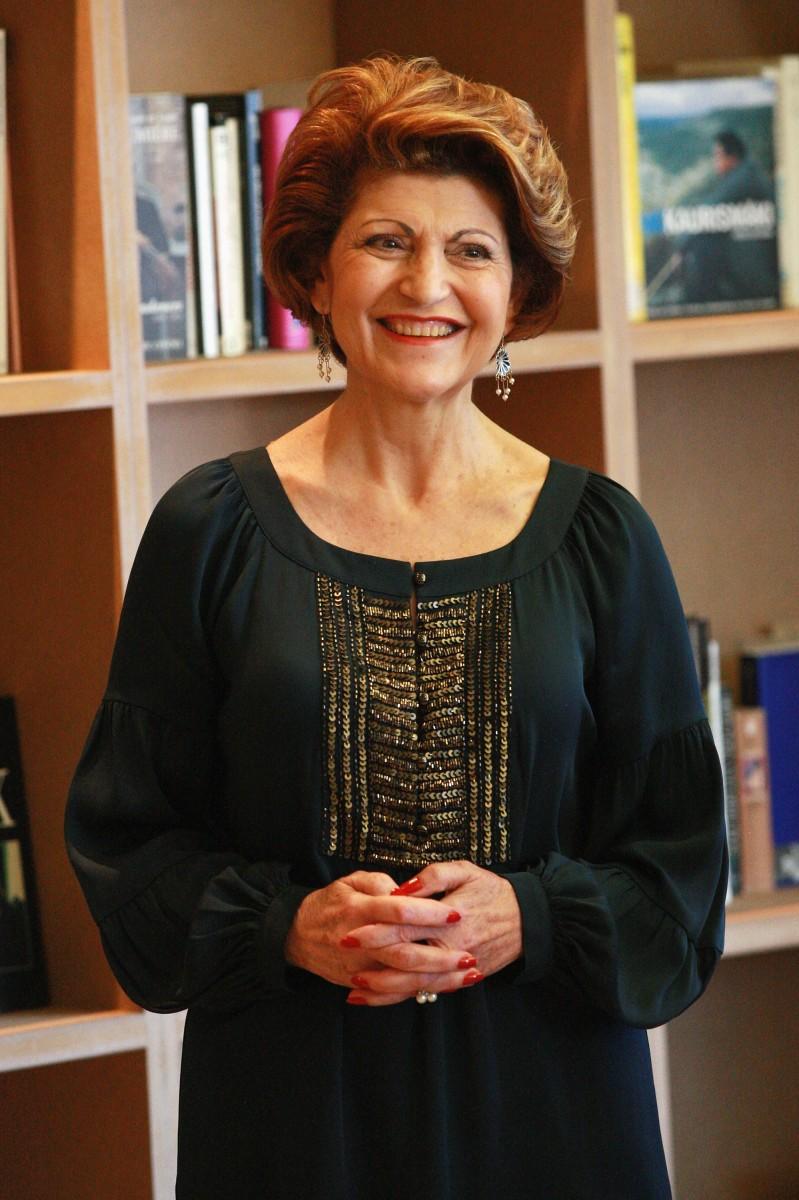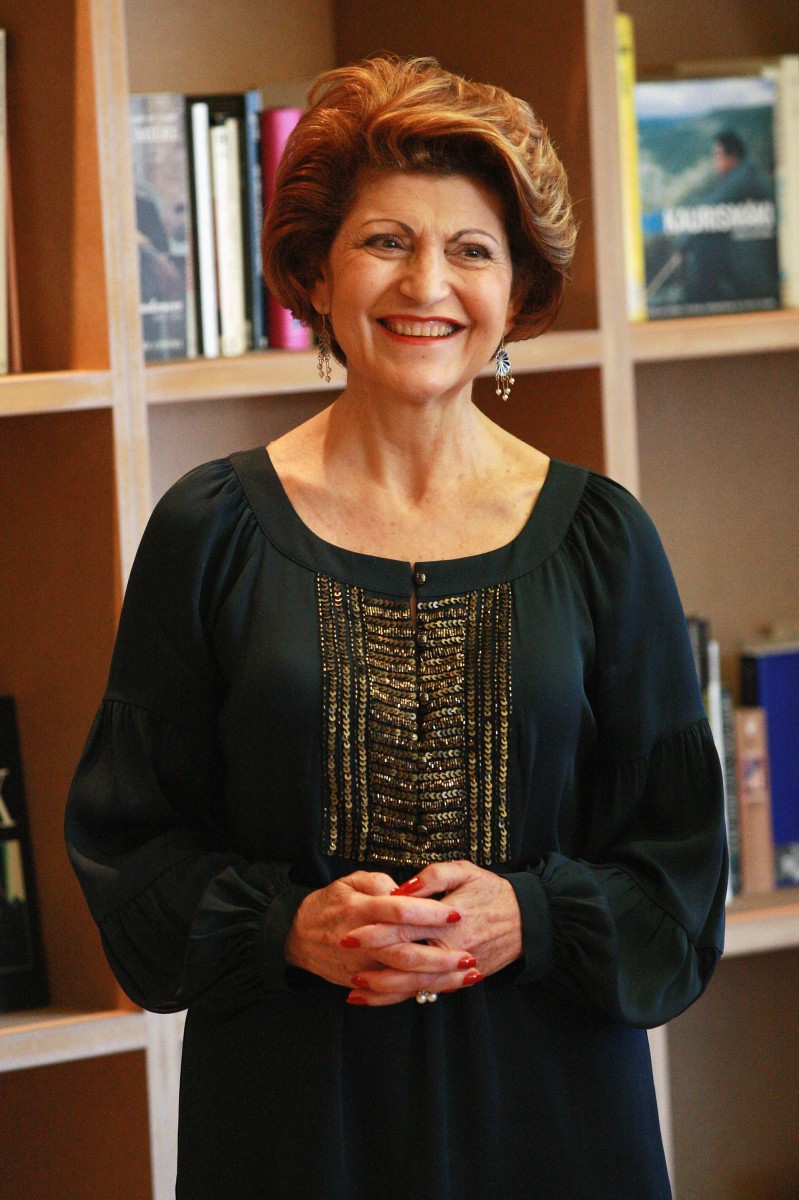The 27 winners of the EU’s annual translation competition received awards this Wednesday in Brussels.
Twenty-seven youngsters - one from every country of the European Union – were rewarded for producing the best translation in their country in the European Commission’s annual young translators’ contest, Juvenes Translatores.
Irish girl Orla Patton, a student at Mainistir Loreto Deilginis in Co Dublin, is the winner of the Irish section of the contest for her work - translating a text from Irish into English.
Each winner received a trophy and certificate from Androulla Vassiliou, Commissioner for Education, Multilingualism and Youth. Afterwards, they met the Commission translators who drafted the original contest texts and marked the ensuing translations.
The competition was held in November 2011 and was open to 17-year-old school students, who represented both their school and country.
Participants had to select one of 23 texts (for each of the EU’s official languages) and translate it into another EU language of their choice. Although many chose English as a source language, the total number of language combinations used was 148 – the highest since the competition was launched in 2007.







